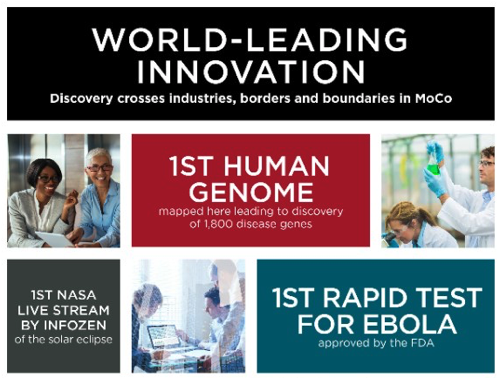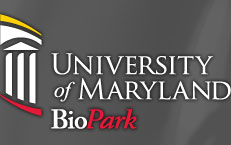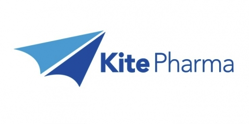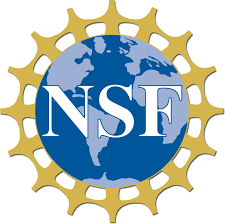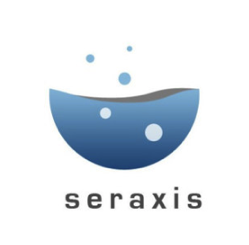
Part 1 considered Dr. Kelvin Stott’s characterization of the innovation crisis in the pharmaceutical industry (here, here) and found his technology-based solution wanting. Improved productivity will require a new business model, one with transformative potential.


